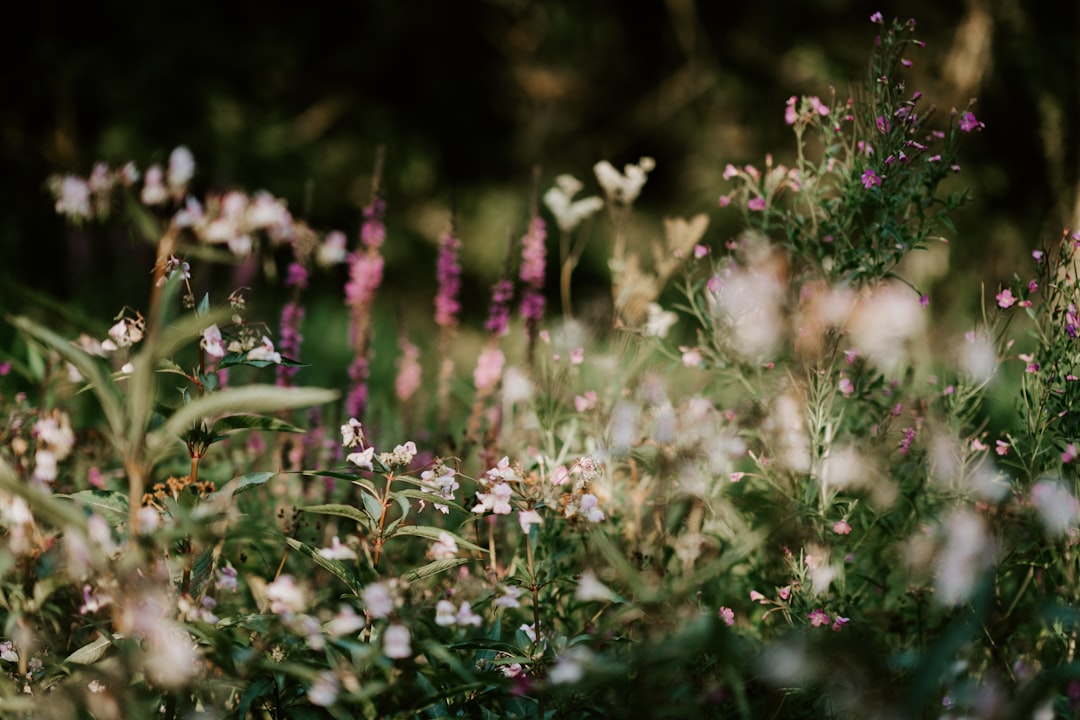Israel/Palestine: Poetry Edition
Two poetic visions of peace, since that's the only kind that really makes sense right now.
I don’t want to write more about the Israel-Hamas war, but writing about anything else feels false right now. I’m still in grief, I hate what is happening, and I have no better alternative to propose.
So, I’m turning this newsletter over to the poets. Only two are represented here, one Palestinian-American, one Israeli. Neither speak for anyone other than themselves, of course, and there are many more voices that could be included - please add some of your favorites in the comments. But they offer visions of peace and kindness that transcend the hopelessness of the current moment. -jm
Kindness
Naomi Shihab Nye (Palestinian-American, 1952 –)
Before you know what kindness really is
you must lose things,
feel the future dissolve in a moment
like salt in a weakened broth.
What you held in your hand,
what you counted and carefully saved,
all this must go so you know
how desolate the landscape can be
between the regions of kindness.
How you ride and ride
thinking the bus will never stop,
the passengers eating maize and chicken
will stare out the window forever.
Before you learn the tender gravity of kindness
you must travel where the Indian in a white poncho
lies dead by the side of the road.
You must see how this could be you,
how he too was someone
who journeyed through the night with plans
and the simple breath that kept him alive.
Before you know kindness as the deepest thing inside,
you must know sorrow as the other deepest thing.
You must wake up with sorrow.
You must speak to it till your voice
catches the thread of all sorrows
and you see the size of the cloth.
Then it is only kindness that makes sense anymore,
only kindness that ties your shoes
and sends you out into the day to gaze at bread,
only kindness that raises its head
from the crowd of the world to say
It is I you have been looking for,
and then goes with you everywhere
like a shadow or a friend.
Wildpeace
Yehuda Amichai (Israeli, 1924 – 2000)
Not the peace of a cease-fire,
not even the vision of the wolf and the lamb,
but rather
as in the heart when the excitement is over
and you can talk only about a great weariness.
I know that I know how to kill,
that makes me an adult.
And my son plays with a toy gun that knows
how to open and close its eyes and say Mama.
A peace
without the big noise of beating swords into ploughshares,
without words, without
the thud of the heavy rubber stamp: let it be
light, floating, like lazy white foam.
A little rest for the wounds—
who speaks of healing?
(And the howl of the orphans is passed from one generation
to the next, as in a relay race:
the baton never falls.)
Let it come
like wildflowers,
suddenly, because the field
must have it: wildpeace.

Some other things:
Beginning October 17, I’m teaching a six-week course on Buddhism for Jewish mindfulness practitioners - obviously we’re reconfiguring that to fit our current reality and I hope it’ll be nourishing for people.
On October 19, I’m giving a talk in Berkeley on psychedelics and Judaism.
On October 20-21, I’ll be the scholar in residence at Congregation Beth Am, near Palo Alto, where I’ll be talking about building resilience.
I wrote about the ambivalent Jewish laws of war here.
In the realm of takes, I loved Daniel Drezner’s sad, smart, nuanced essay on how the Gaza invasion may be a disaster for everyone (especially Gazans, obviously) and why there still may be no better option for Israel right now. I’m not always a Thomas Friedman fan, but he wrote a very compelling account of Israeli tactics, though two days later he set forth a strong case against them. I’ve also been keeping up with powerful human stories from both sides, too many to link here. Probably too many.



